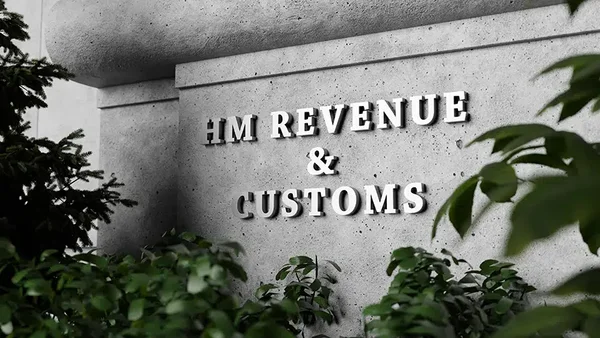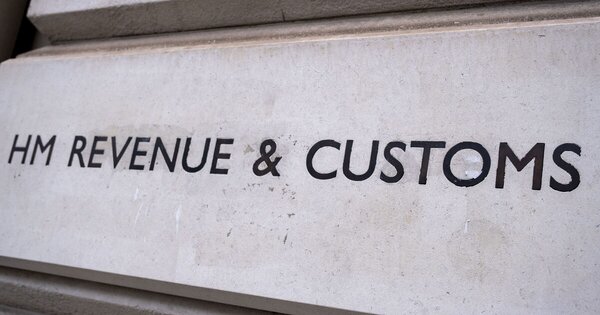
A wave of administrative mistakes has thrown the NHS pension system into disarray, with thousands of healthcare workers potentially facing significant shortfalls in their retirement pots.
The issue stems from errors in how pensions were calculated, leading to underreported entitlements for long-serving staff. The government is now under pressure to investigate the full scale of the problem and issue urgent corrections before more lives are affected.
Reports indicate that the mistakes which span several years, are the result of inaccurate service records, pay data errors, and incorrect inputs into pension calculations by NHS Business Services Authority (NHSBSA). Many workers are only discovering the discrepancies upon approaching retirement, fuelling widespread anxiety among frontline staff already battling ongoing workload pressures.
What Went Wrong? A Breakdown of the Pension Errors
The core issue lies in misreported employment history and flawed data input, which directly impact how final pension values are calculated. In many cases, service years were recorded incorrectly, with gaps appearing in continuous NHS employment or salary progression not accurately logged.
A spokesperson for the British Medical Association (BMA) stated, “These errors are not just numbers on a screen. They affect people’s lives, retirement plans, and peace of mind after years of public service.”
It’s believed that administrative processes used to calculate pensions have failed to keep up with complex work patterns across NHS roles, such as part-time working, career breaks, or transitioning between trusts.
Who Is Affected by the Chaos?
NHS doctors, nurses, paramedics, and admin workers particularly those nearing retirement are among those most affected. Some individuals have reported discrepancies of tens of thousands of pounds, raising fears they may need to delay retirement or take legal action.
The BMA and NHS pension campaigners estimate that tens of thousands of NHS workers could be impacted. Although the full scope remains unclear, unions are calling for a system-wide audit to prevent further errors and rebuild trust in the pension system.
Real World Consequences for NHS Workers
For staff who have worked decades in high-stress roles, the discovery that their pensions are worth significantly less than expected is devastating. Many had planned their financial futures based on pension statements that are now proving unreliable.
One nurse from Birmingham, who asked to remain anonymous, shared: “I found out my pension was short by £25,000. I’d planned to retire this year, but now I’ll have to keep working for at least another two.”
These stories are becoming alarmingly common, revealing just how damaging poor data management can be in public sector schemes.

Government Response and Public Backlash
The Department of Health and Social Care has acknowledged the issue and is working with NHSBSA to identify and rectify errors. However, critics argue the response has been too slow and lacks transparency.
Labour’s Shadow Health Secretary, Wes Streeting, criticised the government for failing to modernise NHS pension systems earlier, saying: “These mistakes are the result of neglect and complacency. The government must take immediate steps to fix the system and compensate those affected.”
Meanwhile, campaigners are calling for compensation packages, legal clarity, and access to independent pension reviews for affected individuals.
A Broken System or a Fixable Flaw?
Experts believe the underlying issue stems from outdated IT systems and a lack of data integration across NHS trusts. The NHS Pension Scheme, while generous in principle, relies heavily on accurate long-term records, and those records haven’t always been maintained consistently.
Some suggest that as workforce mobility within the NHS has increased, the systems in place have failed to adapt. A fix will likely require investment in pension administration, data reconciliation tools, and automated flagging for potential errors in real-time.
What Happens Next?
NHSBSA has committed to reissuing corrected pension statements where errors are identified, and those approaching retirement have been urged to request detailed benefit statements early.
However, unions remain sceptical. The Royal College of Nursing (RCN) warned: “We cannot allow thousands of nurses to fall into retirement poverty because of bureaucratic failures. This must be treated as a national priority.”
The next steps will likely include a formal review, possible legal challenges, and pressure for reform, not just for pensions but for the digital infrastructure underpinning public sector administration.


Fun Fact
The NHS Pension Scheme was introduced in 1948, the same year the NHS itself was founded.
It was initially available only to staff working directly for the NHS and is now one of the largest occupational pension schemes in Europe, covering over 1.5 million members.
While generous, it requires meticulous administration, and today’s chaos highlights just how much trust is placed in getting it right.
Conclusion
The unfolding NHS pension crisis is a sobering reminder of how critical back-office administration is in safeguarding financial futures. For those who have dedicated decades to public service, discovering that their retirement plans may be undermined by clerical errors is both disheartening and unjust.
The government must act swiftly and transparently to identify affected individuals, issue corrected statements, and restore confidence in the NHS pension system. While the errors may have been unintentional, the consequences are very real, and without decisive intervention, trust in public sector pensions may suffer lasting damage.
Longer term, this event should prompt a wider review of how public sector pensions are managed in a digital age, and ensure that those who care for us are cared for in return.
Frequently Asked Questions
What is the NHS pension error issue about?
Thousands of NHS workers have discovered inaccuracies in their pension calculations due to administrative errors, potentially leading to underpayment.
Who is most affected by these pension errors?
Staff nearing retirement including nurses, doctors, and other long-serving NHS employee, are most vulnerable to the financial impact of miscalculations.
What caused the errors in NHS pensions?
Incorrect employment records, salary data errors, and outdated IT systems have led to flawed pension calculations across NHS trusts.
Is the government taking action to fix this?
The Department of Health is working with NHSBSA to review and correct affected pensions, but critics say the response lacks urgency and clarity.
Can affected staff claim compensation or legal support?
Unions are calling for compensation, and affected individuals are encouraged to seek financial advice or legal support to explore their options.











